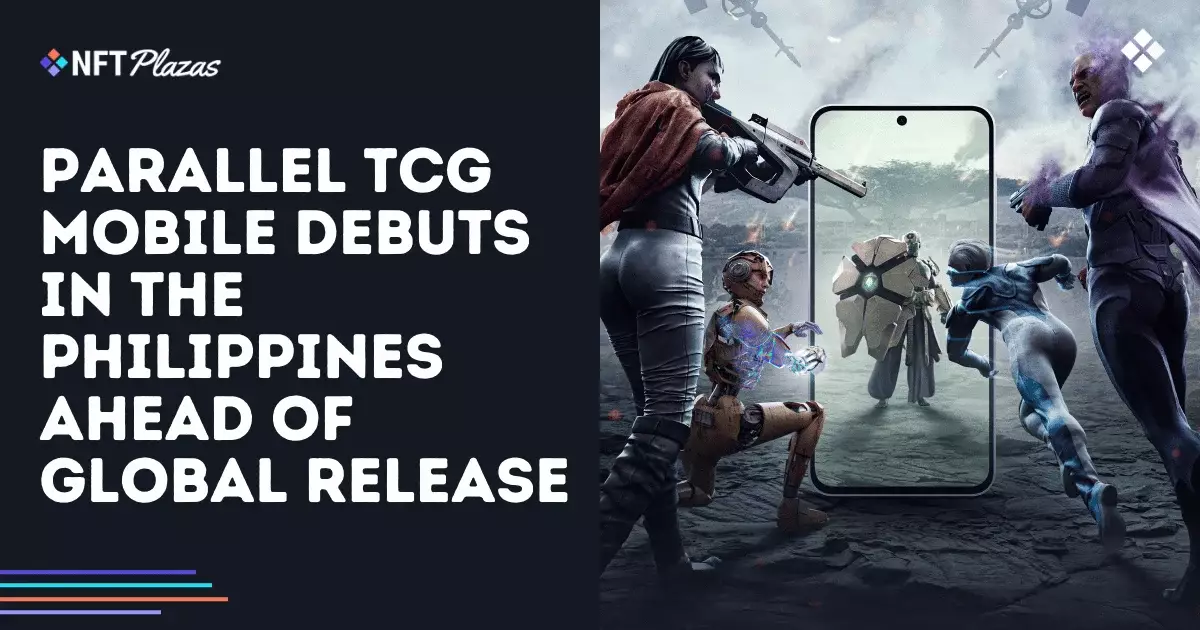The recent launch of Parallel TCG on Android is not merely a milestone; it’s a seismic shift in the realm of mobile gaming. Targeting players in the Philippines first, this venture sets the stage for a worldwide takeover by offering a well-rounded trading card game (TCG) experience optimized for smartphones. There is something uniquely liberating about having strategic gameplay at your fingertips, and in an age where accessibility often dictates success, Parallel TCG has taken an astute step to foster inclusivity.
Strategy Meets Accessibility
At its core, Parallel TCG is a turn-based strategy game where players engage in building decks, selecting factions, and battling opponents. With five distinct factions that symbolize alternate realities post-catastrophe, the gameplay is intricate yet inviting. Some may argue that the mobile gaming world has become oversaturated with simplistic experiences, but here lies a game that marries complexity with accessibility. Players can craft 40-card decks filled with units, effects, and relics, creating layers of strategy that allow foresight and adaptability to shine. This level of depth is rare and essential, as it breaks the mold of what mobile games can be.
Mobile-Only Features: A Fresh Take
What sets Parallel TCG apart from other mobile adaptations is its commitment to retaining the full desktop experience while innovating with mobile-specific content. Developers are planning mobile-only events and seasonal ladders, enhancing player engagement and ensuring that the game evolves uniquely on this platform. With thousands pre-registering even before the official launch, the excitement is palpable. This anticipatory buzz tells us that players are ready for an experience that feels carefully tailored to their mobile lifestyles.
The Road Ahead
As Parallel TCG rolls out globally, one must wonder how the developers will navigate the competitive landscape. Feedback from players in the Philippines is set to guide future updates—a hauntingly refreshing take in a gaming world often dominated by top-down design decisions. Traditional gaming can frequently overlook community desires, yet this approach signifies an eagerness to adapt and respond. In a politically charged world where player autonomy is often squashed, this commitment to evolution is quite liberating.
Façade of Nostalgia vs. Innovation
In a manner that echoes both hope and critique, it’s crucial to address the traditionalist sentiment that arises in the TCG community. Some purists may bemoan the rise of mobile gaming, fearing that it dilutes the essence of deck-building games. However, the evidence suggests otherwise. When played thoughtfully, mobile versions can inspire a new generation of players, opening avenues that traditional setups may fail to explore. The key to successful evolution lies in balancing nostalgia with innovation, and Parallel TCG seems to hit the right notes thus far.
Through this lens, the launch of Parallel TCG is emblematic of the broader shifts occurring within the gaming ecosystem. It’s time that we embrace these changes, celebrate the strides toward accessibility, and support a game that prioritizes player experience, adaptability, and community feedback.


Leave a Reply